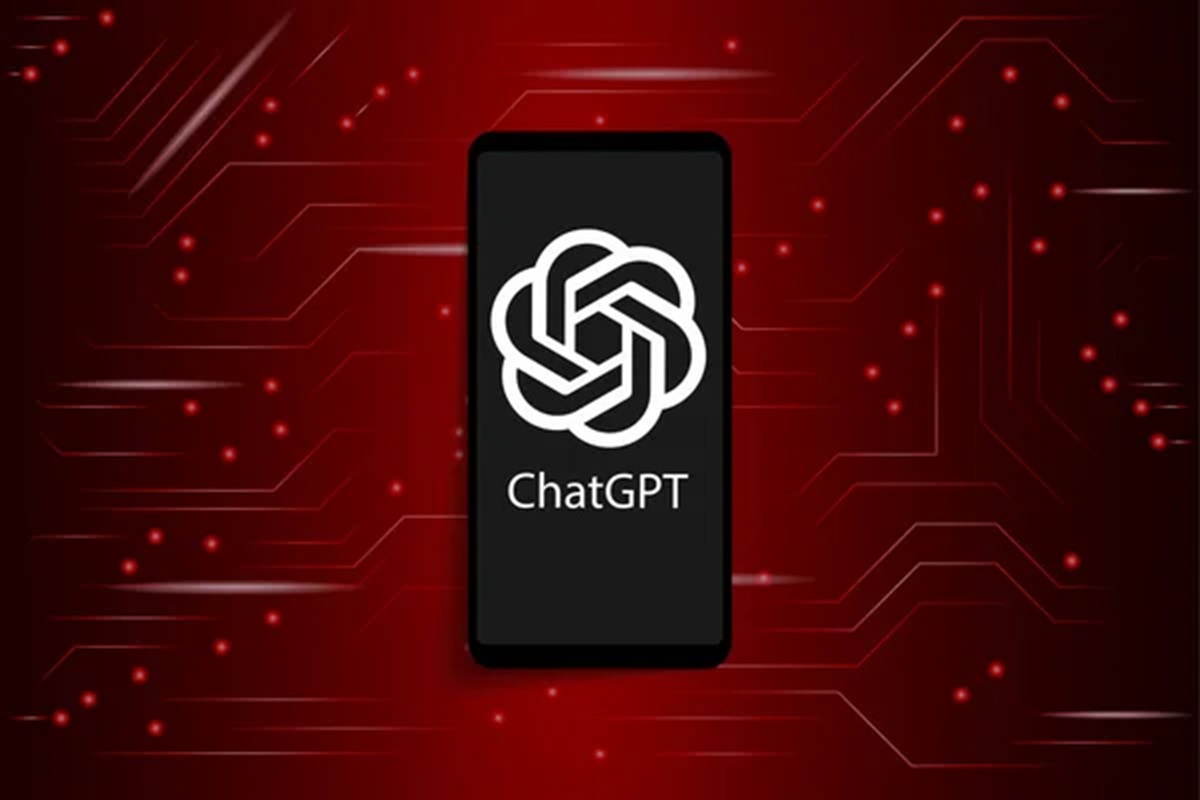OpenAI Launches ChatGPT Atlas: An AI-Powered Web Browser – Tekedia

CATEGORIES
PAGES
FACEBOOK
TWITTER
GOOGLE+
RSS
CATEGORIES
PAGES
OpenAI unveiled ChatGPT Atlas, a revolutionary web browser designed to integrate its flagship AI chatbot directly into the browsing experience.
This launch positions OpenAI as a direct challenger to Google Chrome’s market dominance, aiming to redefine how users interact with the internet through AI assistance. CEO Sam Altman described it as a “rare once-a-decade opportunity to rethink what a browser can be,” emphasizing AI’s role in making web use more productive and intuitive.
Atlas is built on the open-source Chromium engine the same foundation as Chrome but centers ChatGPT as its “beating heart.”
Register for Tekedia Mini-MBA edition 18 (Sep 15 – Dec 6, 2025): registration continues.
Tekedia AI in Business Masterclass opens registrations.
Join Tekedia Capital Syndicate and co-invest in great global startups.
Register for Tekedia AI Lab: From Technical Design to Deployment.
Ask ChatGPT Sidebar
A persistent sidebar that lets you query ChatGPT about the current webpage—e.g., summarize articles, compare products, analyze data, or rewrite highlighted text via “cursor chat”. It supports split-screen views for searches, showing results alongside ChatGPT’s conversation.
All users free tier included. Agent Mode: An autonomous AI agent that performs multi-step tasks on your behalf, like researching trip options, shopping for ingredients from a recipe, or booking flights.
Users can watch in real-time, intervene with a “take control” button, or stop it entirely. Limited to ChatGPT Plus and Pro subscribers initially
Browser Memories
Optional AI that logs and recalls your browsing history (e.g., past job searches) to provide personalized suggestions, like summarizing trends or automating routines. Data is user-controlled—you can view, archive, or delete it anytime. Sites opting out of GPTBot crawling are respected.
All users, opt-in only. No Traditional Address Bar; Search and navigation happen via the ChatGPT chat window, blending AI synthesis with links for a more conversational flow.
In a live demo, OpenAI showcased Agent Mode navigating Instacart to buy groceries from a recipe, completing the task in minutes without user input. The browser is “smooth and quick,” per Altman, with privacy controls ensuring chats and memories align with your ChatGPT settings.
Globally available on macOS via chatgpt.com. Windows, iOS, and Android versions are “coming soon.” Free for basic use; advanced features like Agent Mode require a paid ChatGPT subscription.
OpenAI collects browsing data to enhance personalization if opted in, but emphasizes user control and compliance with web standards. This move expands OpenAI’s ecosystem beyond chatbots, leveraging its 800 million weekly ChatGPT users to gather richer behavioral data for AI training—potentially accelerating competition with Google in search and browsing.
It’s part of a wave of AI browsers: Perplexity’s Comet, The Browser Company’s Dia, and updates to Chrome and Edge with Gemini/Copilot integrations. Analysts see it as a strategic play amid Google’s antitrust battles, though mainstream adoption may take time as users stick with familiar tools.
Early reactions on X highlight excitement over its ambition but note the crowded market—e.g., “Feels ambitious but a bit rushed” amid rivals like Arc and Rabbit. For developers and power users, Atlas promises to turn browsing into an “agentic” workflow, where AI handles the grunt work.
Atlas Agent Mode is the crown jewel of OpenAI’s ChatGPT Atlas browser, transforming passive browsing into an active, AI-orchestrated workflow. Think of it as an AI co-pilot that handles the tedious clicks, form-filling, and research, but with real-time oversight to prevent mishaps.
It’s an evolution of OpenAI’s earlier “Operator” tool and “ChatGPT Agent,” but deeply integrated into the browser for faster, context-aware execution. This is based on OpenAI’s official docs, launch demos, and initial hands-on reports.
Agent Mode leverages ChatGPT’s reasoning capabilities powered by models like GPT-4o to interact with web pages in a “closed-loop” system: it observes the screen, plans actions, executes them, and iterates based on results.
Enter natural language instructions, like “Book a flight from NYC to LA next Friday under $300” or “Research and add ingredients from this recipe to my Instacart cart.” You can add custom instructions upfront (e.g., “Always prioritize eco-friendly options” or “Pause for approval on payments”) to guide behavior.
ChatGPT analyzes the current page or opens new tabs as needed. It simulates human-like interactions: searching, clicking buttons, filling forms, scrolling, and extracting data. A visual overlay described as a “weird sparkle effect” in demos highlights actions in real-time, showing exactly what it’s doing.
It draws on “Browser Memories” (opt-in history logging) for personalization—if you’ve shopped on Amazon before, it might recall your address. The agent pauses at key decision points (e.g., before submitting a form) and reports back via chat.
You approve, edit, or stop. Once done, it summarizes results and offers next steps, like exporting to a doc or calendar. Uses your existing cookies/sessions for seamless access (e.g., auto-logging into Expedia).
It’s built on Chromium, so it’s fast for simple tasks but can lag on complex ones due to sequential processing no parallel tab handling yet. Agent Mode shines for “agentic” workflows—multi-step processes that blend research, decision-making, and execution.
OpenAI’s launch demo highlighted grocery shopping from a recipe: it scraped ingredients, navigated Instacart, added items to cart, and estimated costs in under 5 minutes.Here’s a table of standout capabilities with examples.
Early tests show 80-90% success on straightforward tasks, but it falters on CAPTCHAs or dynamic JS-heavy sites.Controls, Safeguards, and PrivacyOpenAI emphasizes “always under your control” to build trust—Agent Mode isn’t set-it-and-forget-it.
OpenAI is iterating fast: expect better multi-tab handling, voice input, and integration with tools like Google Workspace by early 2026. Power users rave about ideation workflows (e.g., one generated 25 ranked AI startup ideas in 2 minutes, exported to a spreadsheet).
Developers appreciate custom instructions for API-like chaining. Critiques focus on speed: “Needs to be 10x faster” for booking demos, and privacy hawks worry about data sharing for logins. Overall, it’s seen as a Chrome-killer in theory, but adoption hinges on rivals like Perplexity’s Comet catching up with free agents.


© Tekedia. All rights reserved.
Term & Privacy
© Tekedia. All rights reserved.
Term & Privacy